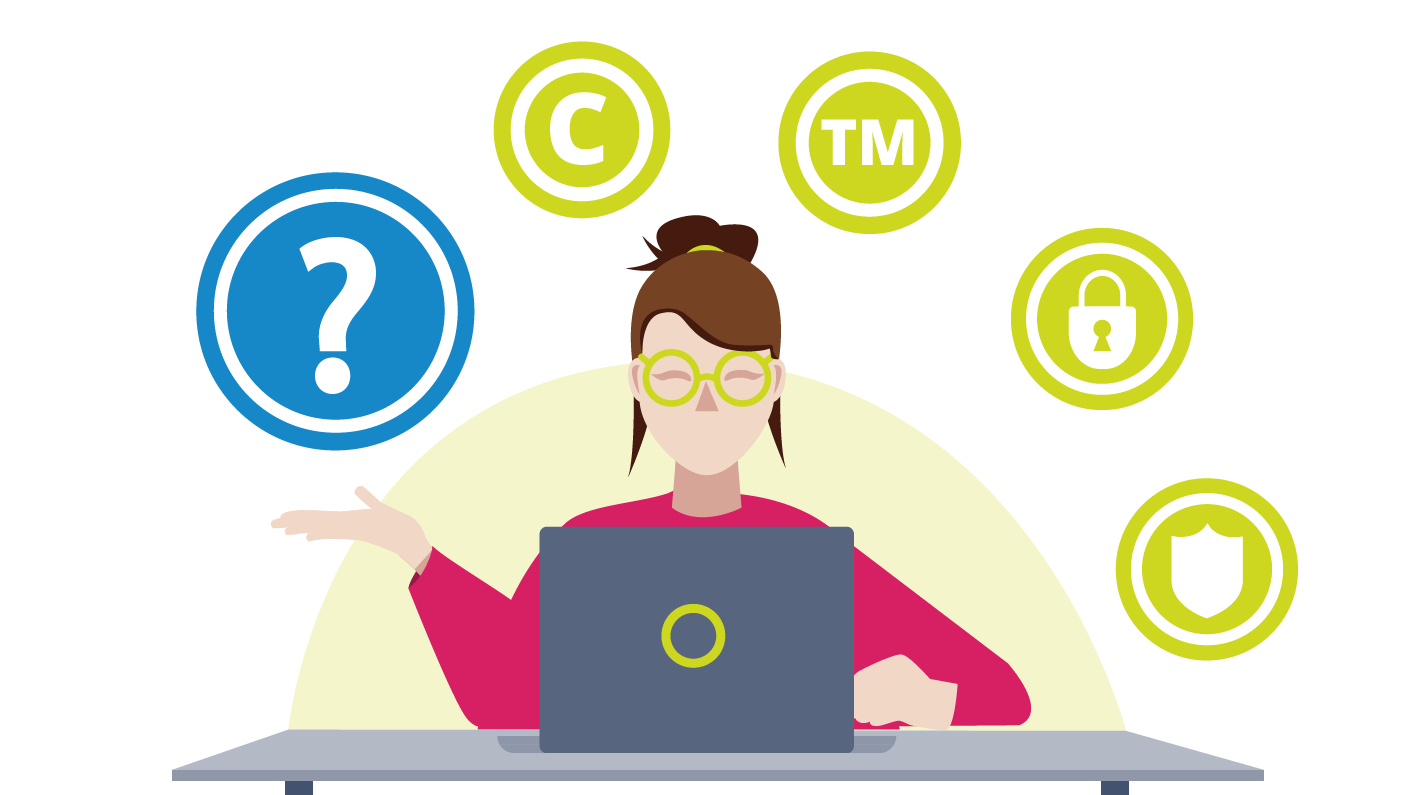As a Tes author, you’re in a great position to create fantastic resources and share your expertise with the teaching community. When sharing and selling your resources on the Tes website, rather than just using them in your classroom, you have to think carefully about what content you include and what you are allowed to share.
A key consideration is making sure that everything you upload to Tes adheres to intellectual property rules. The simplest way to do this is to only include material you have created, including everything from images and text to graphics, video and music. If you do include content from other sources, you need to check that you have gained permission from the creators to use it, or that the content you are using is copyright free and its use is not restricted.
Firstly, what do these key terms mean?
Intellectual property
Something you create with your mind. For example, a story, an invention, an artistic work or a symbol. There are three forms of intellectual property: copyright, trademark and patent.
Copyright
Protects your work and stops others from using it without your permission. It does not protect an actual idea, rather the particular way it has been expressed in your work. Copyright in the UK is not something you have to apply or pay for - you get copyright protection automatically when you create: original literary, dramatic, musical and artistic work, including illustration and photography, original non-literary written work, such as software, web content and databases, sound and music recordings, film and television recordings, broadcasts and the layout of published editions of written, dramatic, and musical works.
Trademark
Provides a product or organisation with an identity which cannot be imitated by its competitors. You can register your trademark to protect your brand, for example the name of your product or service.
Patent
Registers your invention and lets you take legal action against someone who uses your invention without your permission. A patent requires registration and involves a full application process.
Plagiarism
This is presenting work or ideas from another source as your own, with or without consent of the original author, by incorporating it into your work without full acknowledgement.
